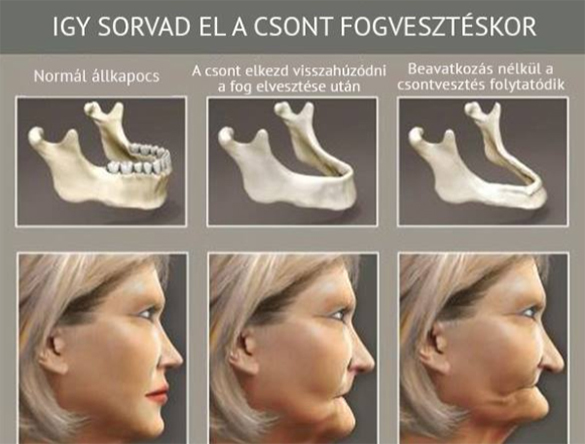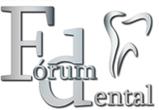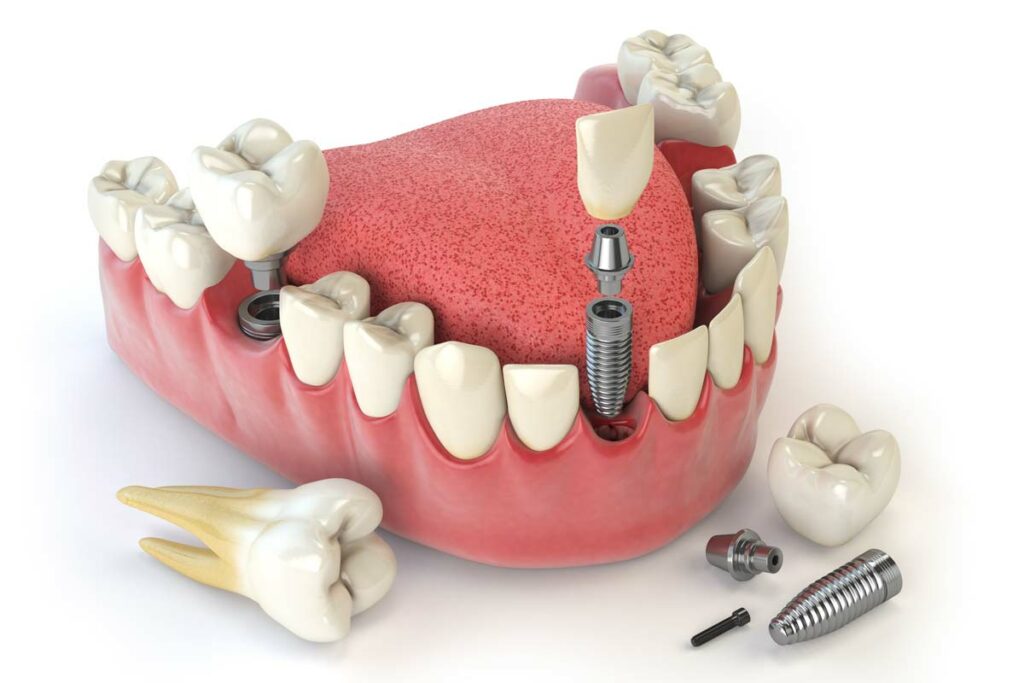With complete tooth loss, you will notice slow, drastic changes in your body.
The consequences of toothlessness:
- Inability to chew: The absence of teeth adversely affects the absorption of food, and therefore the excretion of nutrients.
- The digestion of food crushed by the toothless jaws and the tongue and facial muscles, which are crushed by mastication, is more imperfect, thus putting a strain on the stomach and the whole digestive system.
- Changes in facial expression: Total toothlessness also has a negative impact on facial aesthetics. Soft tissue lesions are caused by the slow breakdown of bone that has lost its function, resulting in the loss of support for the facial muscles and the muscles around the mouth. As a result, the face becomes sunken, giving the wearer an “aged” look.

(image source : internet)
- Disorders of voice production, speech disorders: The oral cavity has a primary role in voice production and modification. For certain sounds, such as the “f” and “v” sounds, the dentition plays a particularly important role. Toothless people inevitably have altered speech-related lip and tongue movements, their tone of voice changes, and their speech becomes more difficult to understand.
- Reduction in working capacity: All of the above consequences may prevent you from exercising certain professions (teacher, singer, performer…etc.). Toothlessness can lead to the development of psychological inhibitions.
All of these changes can be stopped or partially corrected by minimising the period of edentulism and by making a prosthesis that reproduces the natural tooth structure.
Nowadays, it is no longer necessary to settle for traditional removable prostheses for complete edentulism.
With the spread of dental implants , it is possible to eliminate the potential discomfort of dentures and smile again.
If you have any questions or would like to make an appointment, please do not hesitate to contact our dentists, who will be happy to help you!
Literature used:Fábián- A phopótlástan alapjai

